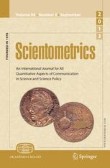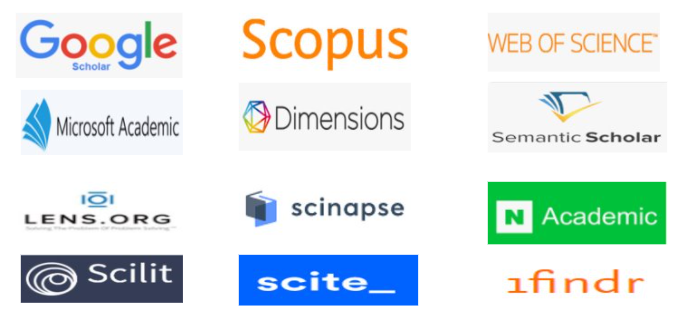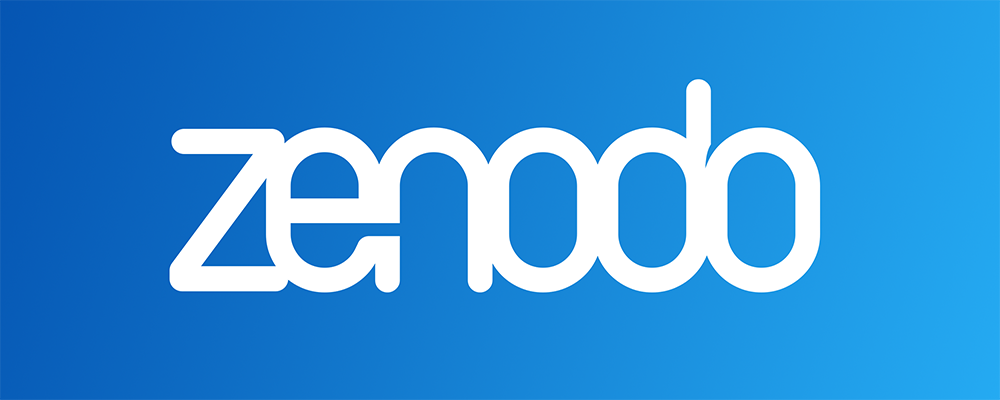Send us a link
Towards Globally Unique Identification of Physical Samples: Governance and Technical Implementation of the IGSN Global Sample Number
Towards Globally Unique Identification of Physical Samples: Governance and Technical Implementation of the IGSN Global Sample Number
Article: Towards Globally Unique Identification of Physical Samples: Governance and Technical Implementation of the IGSN Global Sample Number
The Experience of Good Metadata: Linking Metadata to Research Impacts - The Scholarly Kitchen
The Experience of Good Metadata: Linking Metadata to Research Impacts - The Scholarly Kitchen
What do we really know about the linkages between good metadata and positive, productive user experiences with scholarly journals?
Open Access Books and [in]discoverability: a Library Perspective
Open Access Books and [in]discoverability: a Library Perspective
Transparency to Hybrid Open Access Through Publisher-provided Metadata
Transparency to Hybrid Open Access Through Publisher-provided Metadata
This study addresses the lack of transparency by leveraging Elsevier article metadata and provides the first publisher-level study of hybrid OA uptake and invoicing.
Large-scale Comparison of Bibliographic Data Sources: Scopus, Web of Science, Dimensions, Crossref, and Microsoft Academic
Large-scale Comparison of Bibliographic Data Sources: Scopus, Web of Science, Dimensions, Crossref, and Microsoft Academic
We present a large-scale comparison of five multidisciplinary bibliographic data sources: Scopus, Web of Science, Dimensions, Crossref, and Microsoft Academic. The comparison considers scientific documents from the period 2008-2017 covered by these data sources. Scopus is compared in a pairwise manner with each of the other data sources. We first analyze differences between the data sources in the coverage of documents, focusing for instance on differences over time, differences per document type, and differences per discipline. We then study differences in the completeness and accuracy of citation links. Based on our analysis, we discuss strengths and weaknesses of the different data sources. We emphasize the importance of combining a comprehensive coverage of the scientific literature with a flexible set of filters for making selections of the literature.
The Next Generation Discovery Citation Indexes : A Review of the Landscape in 2020
Publishers, Are You Ready to ROR? - Crossref
Author affiliations, and the ability to link them to publications and other scholarly outputs, are vital for numerous stakeholders across the research landscape. With the launch of the Research Organization Registry (ROR) in 2019 (which Crossref has helped to develop), the landscape is changing. ROR IDs are an opportunity to make affiliation details easier for publishers to use and easier for those who rely on this data.

Methods & Proposal for Metadata Guiding Principles for Scholarly Communications
This article describes an international community-based effort to create metadata guiding principles for adopting and using richer metadata and advancing its application in scholarly communications. These principles can facilitate the dissemination, discoverability and use/reuse of many types of research and scholarly outputs. While much work remains to be done, these principles serve as a starting point for the evolution of processes that span communities including publishers, researchers, scholars, authors and other creators, librarians, curators, custodians, and consumers of scholarly works.These aspirational Metadata 2020 Principles are designed to encompass the needs of our entire community while ensuring thoughtful, purposeful, and reusable metadata resources. They provide a framework for all of us to be good metadata citizens. They also provide a foundation for considering related work from Metadata 2020 and must be interpreted within the legal and practical context in which we operate. They are intended to guide the broadest possible cross-section of our community in improving research communications, publishing, and discoverability.
Funding Information in Web of Science: an Updated Overview
Despite the limitations of funding acknowledgment (FA) data in Web of Science (WoS), studies using FA information have increased rapidly over the last several years. Considering this WoS' recent practice of updating funding data, this paper further investigates the characteristics and distribution of FA data in four WoS journal citation indexes.

Discussion of Value Metrics for Data Repositories in Earth and Environmental Sciences
Discussion of Value Metrics for Data Repositories in Earth and Environmental Sciences
Approaches for assessing the costs and benefits of publishing scientific data in various repositories are evaluated. The article identifies metrics useful for the reporting of their data services.
Proposed Schema Changes - Have Your Say - Crossref
The first version of our metadata input schema (a DTD, to be specific) was created in 1999 to capture basic bibliographic information and facilitate matching DOIs to citations. Over the past 20 years the bibliographic metadata we collect has deepened, and we've expanded our schema to include funding information, license, updates, relations, and other metadata. Our schema isn't as venerable as a MARC record or as comprehensive as JATS, but it's served us well.

The New Europe PMC is Here
It's time to embrace change. Today Europe PubMed Central (PMC) proudly unveils a new website, packed with useful features, including a better search and reading experience, as well as better access to data.
A Literature Review of Scholarly Communications Metadata
The purpose of this literature review is to identify the challenges, opportunities, and gaps in knowledge with regard to the use of metadata in scholarly communications. This paper compiles and interprets literature in sections based on the professional groups, or stakeholders, within scholarly communications metadata: researchers, funders, publishers, librarians, service providers, and data curators.



